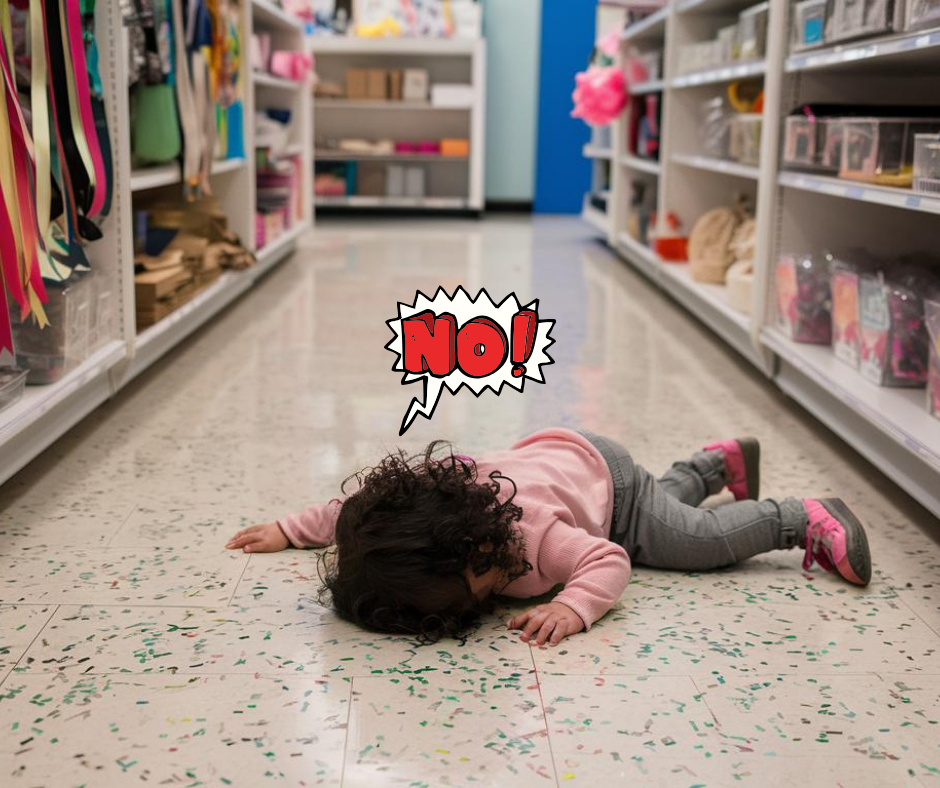
Taming the Tot: Effective Discipline Strategies for 2-Year-Olds
For many parents, navigating the complexities of disciplining a 2-year-old can feel like a herculean task. While past methods often relied on corporal punishment, contemporary parents seek gentler, more positive approaches. Experts agree that this is the right path, emphasizing the importance of fostering emotional intelligence and self-esteem in young children.
The cornerstone of effective discipline lies in establishing clear boundaries. These boundaries are essential in safeguarding your child from harm, preventing inappropriate behavior (like throwing food), and curbing aggression (such as hitting). The American Academy of Pediatrics (AAP) highlights the benefits of developmentally appropriate disciplinary strategies, which can significantly enhance a child’s cognitive, social, emotional, and executive functioning skills.
Discipline as a Guiding Hand Think of disciplining your 2-year-old as providing them with a firm but guiding hand. It’s about enforcing consequences when rules are broken. Linda Pearson, a prominent family nurse practitioner, emphasizes the importance of consistency, likening it to being a « good boss. » While the role may not always be easy,
Prioritize Your Battles: avoid becoming entangled in a constant struggle of « no. » Instead, identify what truly matters and set boundaries accordingly. For instance, focus on safety concerns and behavior that disrupts others, letting go of minor annoyances that your child will likely outgrow. Letting your child choose between a purple or blue shirt might not be worth the fight. Child psychiatrist reinforces this concept, highlighting the importance of nurturing a positive relationship with your child.
A parent exemplifies this strategy. She allows her daughter to freely explore her room before naptime, knowing full well that scattered toys are likely. She then addresses the mess after her daughter wakes up, reinforcing the expectation of cleaning up.
Become a Mastermind of Anticipation: Certain behaviors can be preempted if you can anticipate the triggers. a parenting expert, describes her experience with her son who reveled in unfurling toilet paper. Her solution? Relocating the toilet paper to a high shelf, eliminating the opportunity for the behavior altogether. Similarly, equip your grocery cart with toys to distract your child prone to grabbing cans off shelves. For playdates, remove tempting objects like stuffed animals if sharing is a known challenge.
Prevention is Key: creating a predictable routine to minimize frustration and outbursts. Schedule errands and appointments during times when your child is typically at their best. Prepare them for new experiences and explain expected behavior. Transitions can be difficult, so provide ample warning before moving from one activity to another.
Consistency is King (and Queen): Experts at Harvard Medical School emphasize the significance of consistent enforcement of rules and consequences. Child development specialist underscores this notion, explaining that mixed signals confuse young children who are still grasping the concept of cause and effect. Remaining neutral, especially when dealing with a button-pushing toddler, can also be helpful. an unfazed reaction extinguishes the behavior because it removes the desired response from the child. While maintaining consistency, remember that even a charming 2-year-old shouldn’t manipulate you into abandoning boundaries.
Stay Cool Under Pressure: It’s understandable to feel frustrated when your child acts out. However, yelling only escalates the situation and undermines the intended message. The Child Mind Institute explains that a child may focus on the volume and tone of your voice rather than the actual message. Chronic yelling can also damage your child’s self-esteem. reframing your goal from controlling your child to controlling the situation. This might involve adjusting your expectations and prioritizing a smoother day over immediate compliance.
Listen and Repeat Children feel better when they know they’ve been heard. Whenever possible, validate their feelings and show empathy for their concerns. This might not solve every problem (like wanting to ride unbuckled), but it can de-escalate situations. For instance, if your child whines about cookies in the store, you could say, « It sounds like you’re mad because you can’t have cookies now. It’s okay to be angry, but whining isn’t okay. »
Focus on Simple « Do’s » Instead of « Don’ts »Explaining complex rules and threats might not be effective. Young children have limited attention spans and may not understand lengthy explanations. Instead of saying « no jumping, » offer a positive alternative like « we jump on the floor. » Focus on desired behavior and clear consequences. « Your teeth need to be brushed. You can brush them yourself, or I can help you. The longer it takes, the less time we have for stories. »
Offer ChoicesSometimes, power struggles arise because children crave control. When appropriate, offer a limited set of choices. Keep them specific and acceptable to you. Open-ended questions like « Where do you want to start? » can be overwhelming. Instead, ask, « Which would you like to pick up first, your books or your blocks? »
Watch Your WordsUsing « I » messages can be more effective than « you » statements. For example, instead of saying « You can’t leave your trike in the hallway, » try, « If you move your trike to the porch, it won’t get scratched. » Make sure your tone and words express your dislike for the behavior, not your child.
Teach EmpathyYoung children may not understand the impact of their actions. Help them develop empathy by explaining how their behavior affects others. Say things like, « When you bite, it hurts, » or « When you grab toys, other kids feel sad because they want to play too. »
Rethink Time-Outs and Taking Things AwayWhile time-outs are a listed discipline method, some experts find them ineffective. Isolation might communicate that their feelings are unacceptable. Similarly, taking away privileges should be logical consequences, not arbitrary punishments. For instance, if your child uses a toy aggressively, limit its use under adult supervision. When they demonstrate responsible play, they can earn more playtime with the toy.


